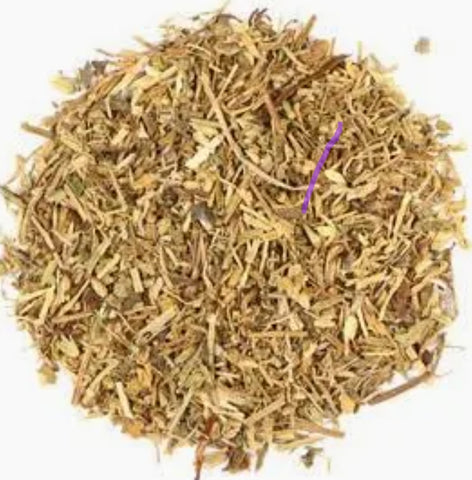- Home loose herbs
- Chickweed | Skin, Digestion & Anti-Inflammatory Support
Chickweed | Skin, Digestion & Anti-Inflammatory Support

The Remedy:
Other Names:
-
Chickweed, Stellaria media
-
Hierba del pajarito (Spanish), Muguet des oiseaux (French)
-
Hühnerdarm (German), Starweed, Winterweed
-
Satin flower, Tongue grass
✨ Key Benefits of Chickweed:
-
🥬 Nutritional Value: Rich in vitamins A, C, and B-complex, plus minerals such as calcium, magnesium, potassium, and iron — along with essential fatty acids.
-
🌱 Anti-Inflammatory: Contains flavonoids and saponins that help reduce inflammation and calm associated symptoms.
-
🧴 Skin Health: Traditionally applied topically to ease itching, rashes, eczema, and minor wounds due to its cooling and soothing nature.
-
🩹 Wound Healing: Its mucilage forms a protective barrier on skin, promoting moist conditions ideal for healing.
-
🍵 Digestive Aid: Helps relieve indigestion, bloating, and occasional constipation thanks to its gentle laxative and diuretic effects.
-
⚖️ Weight Management (Traditional Use): Folk herbalists used chickweed tea in detox and weight-balancing programs.
📌 Traditional Uses:
-
Brewed as a cleansing tea.
-
Used fresh as a poultice for skin conditions.
-
Infused into oils or salves for wound care and eczema.
🌍 Origin & Tradition:
Chickweed (Stellaria media) grows widely in Europe, Asia, and North America. In European folk medicine, it has been treasured as a “spring cleanser” herb, often included in seasonal detox blends.
